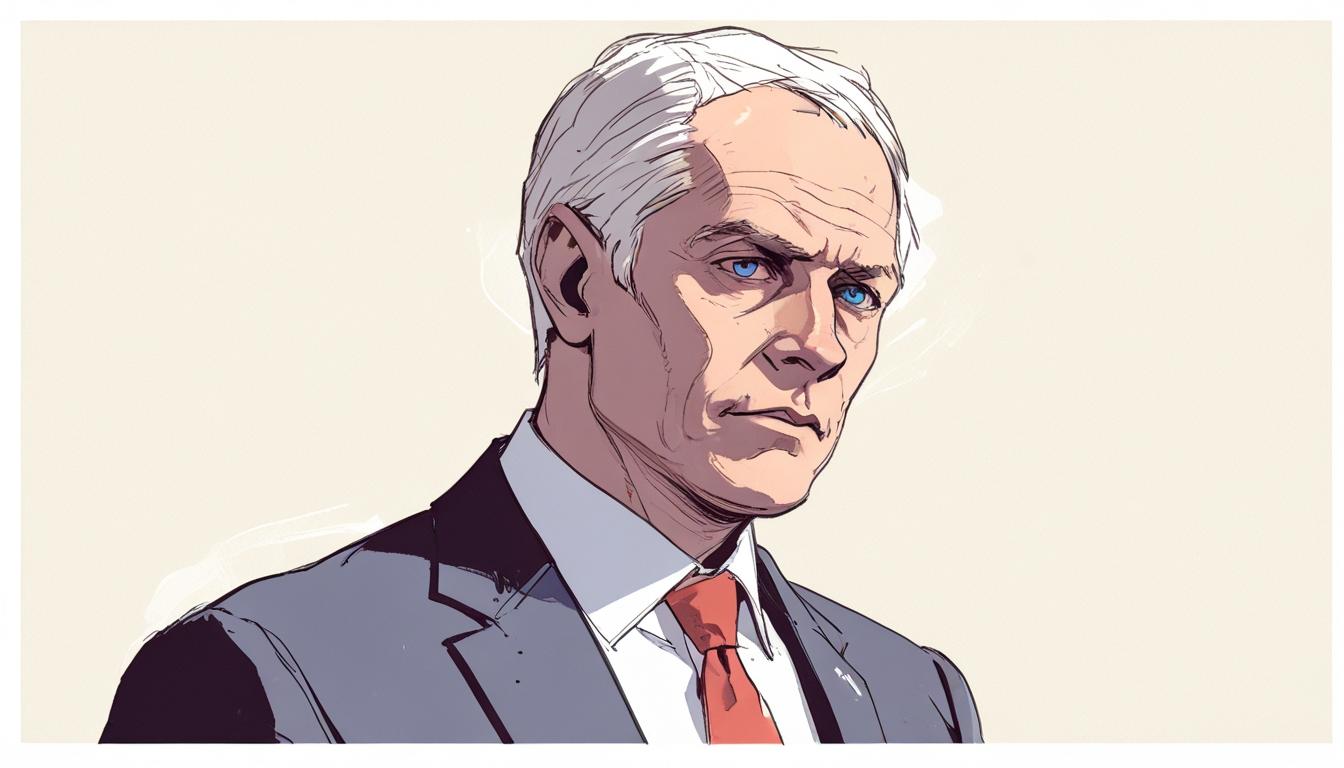Tesco's chief executive, Ken Murphy, has issued a stark warning regarding the current challenges facing the retail sector, describing this period as one of unprecedented difficulty. Speaking at the World Retail Congress, Murphy highlighted various factors contributing to the pressure on retailers, including rising energy and labour costs, increasing regulatory burdens, and geopolitical instability affecting global supply chains.
Murphy's comments come amidst a backdrop of significant fiscal changes in the UK, including a £25 billion increase in National Insurance and hikes in the minimum wage imposed by the Labour Government. These measures are driving up operational costs for retailers, prompting fears of potential shop closures and job losses across the sector. “Things have rarely been as tough for retail as they are today,” Murphy stated, emphasising the need for innovative strategies to sustain growth in an increasingly hostile environment.
The supermarket giant is not just grappling with domestic issues; global disruptions, notably from military conflicts and climate-related events, are compounding the strain. Murphy specifically pointed to instability from the Ukraine conflict and its impact on supply routes. “[There is] geopolitical instability from the Ukraine to the Red Sea,” he mentioned, predicting ongoing challenges for grocery supply chains. The consequences of climate change—such as droughts and wildfires—have also placed unprecedented stress on farmers, many of whom are critical suppliers to Tesco.
Despite these formidable challenges, there is cautious optimism in some quarters. Tesco recently reported a 4.1% rise in underlying UK sales during the festive season, signifying market share gains attributable to enhanced product quality and competitive pricing strategies. This growth, however, has been overshadowed by the rising cost of doing business. Tesco faces an increase in its National Insurance bill of £235 million this year alone, while overall profits are expected to take a £400 million hit due to heightened competition among grocers.
Consumer confidence has also taken a hit, with reports indicating a decline following the post-Christmas spending spree. According to market insights, despite a slight uptick in sales figures, retail stocks have been sluggish. For instance, Tesco experienced a 1.3% drop in share value despite its reported sales growth. Analysts suggest that consumers are becoming increasingly cautious in the face of ongoing economic uncertainty fuelled by rising inflation and government borrowing costs.
In light of these economic pressures, Murphy has called for government intervention to alleviate some of the burdens on retailers. He pointed out that Brexit-related regulations have materially increased the costs of grocery imports, exacerbating financial pressures on businesses. Higher operational costs, alongside a doubling in business rates over the past decade, have forced Tesco to explore ways to lower prices to remain competitive. He noted that while food inflation might have peaked at 19%, the reality is that many essentials will continue to experience elevated prices due to persistent cost pressures.
While Murphy acknowledged the strain experienced by consumers, he remains hopeful that price increases may moderate in the latter half of the year. He indicated that changes in commodity costs and energy prices could provide some relief. “We hope we will start to see an easing of aspects of inflation that will help to moderate it,” he noted, stressing the importance of maintaining the purchasing power of families amidst these challenging economic conditions.
Overall, Tesco's position serves as a microcosm of the broader retail landscape, where rising costs and regulatory challenges are creating a perfect storm for both businesses and consumers. As the largest private employer in the UK, Tesco's ability to navigate this landscape is critical, not just for its own sustainability, but also for the communities and families that depend on its services.
Reference Map: 1: Paragraph 1, 2, 4, 5, 6, 7, 8, 9 2: Paragraph 4 3: Paragraph 5 4: Paragraph 6 5: Paragraph 7 6: Paragraph 8
Source: Noah Wire Services
